Salt water pools have all of the benefits of traditional pools without any of the drawbacks. Salt water is safe to swim in, which means you don’t need chlorine or bromine to keep it clean. Your skin won’t dry out like with traditional pools because salt water contains natural minerals that act as a moisturizer. And finally, you’ll save on maintenance costs that come from using chlorine or bromine because salt doesn’t corrode your pool equipment as other chemicals can. Switching over has never been easier. Here’s our collection of guides all about taking care of a salt water pool.
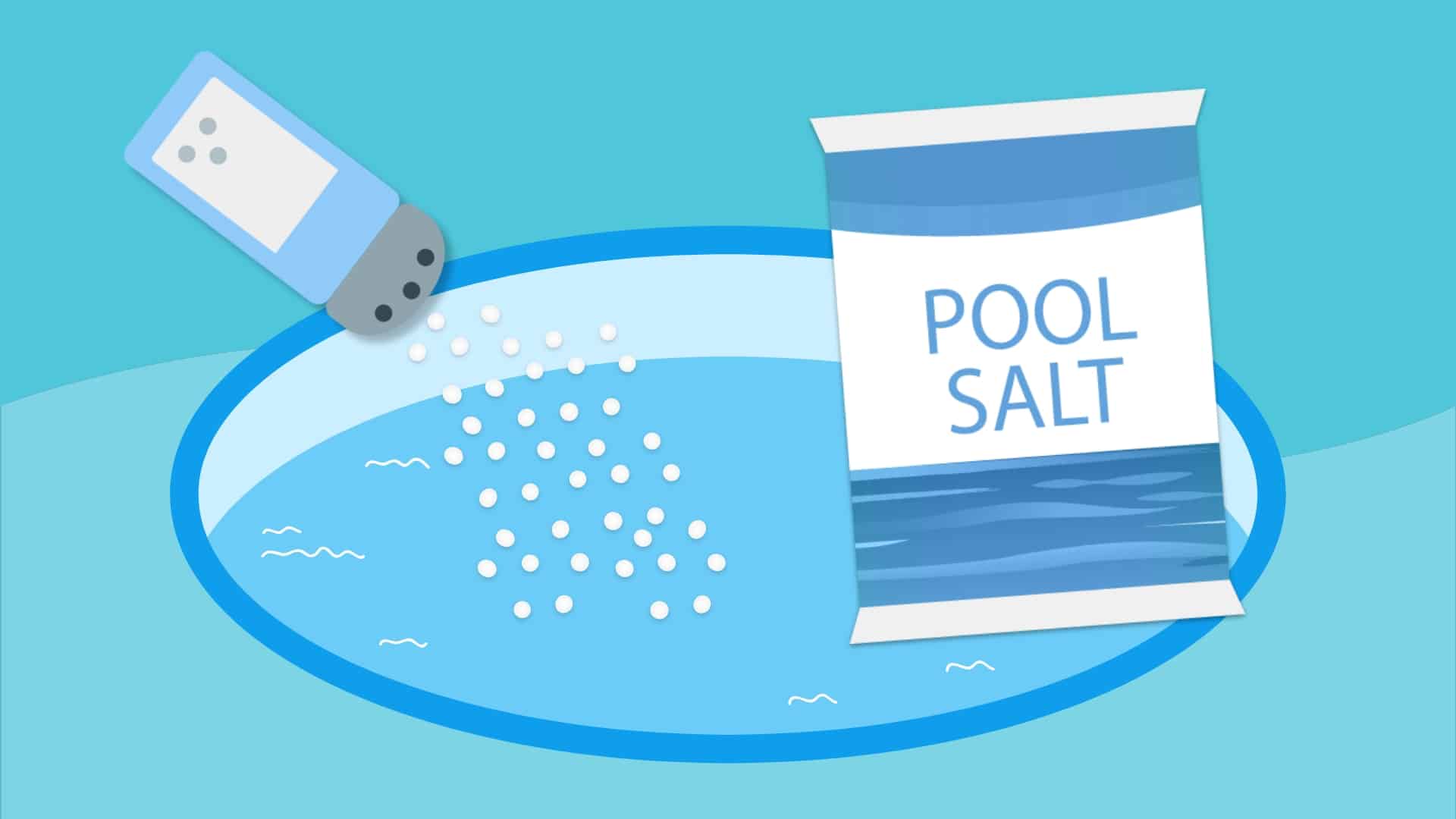
Wondering how much salt to add to your pool? Here's a simple formula for figuring out how many bags of salt you need.
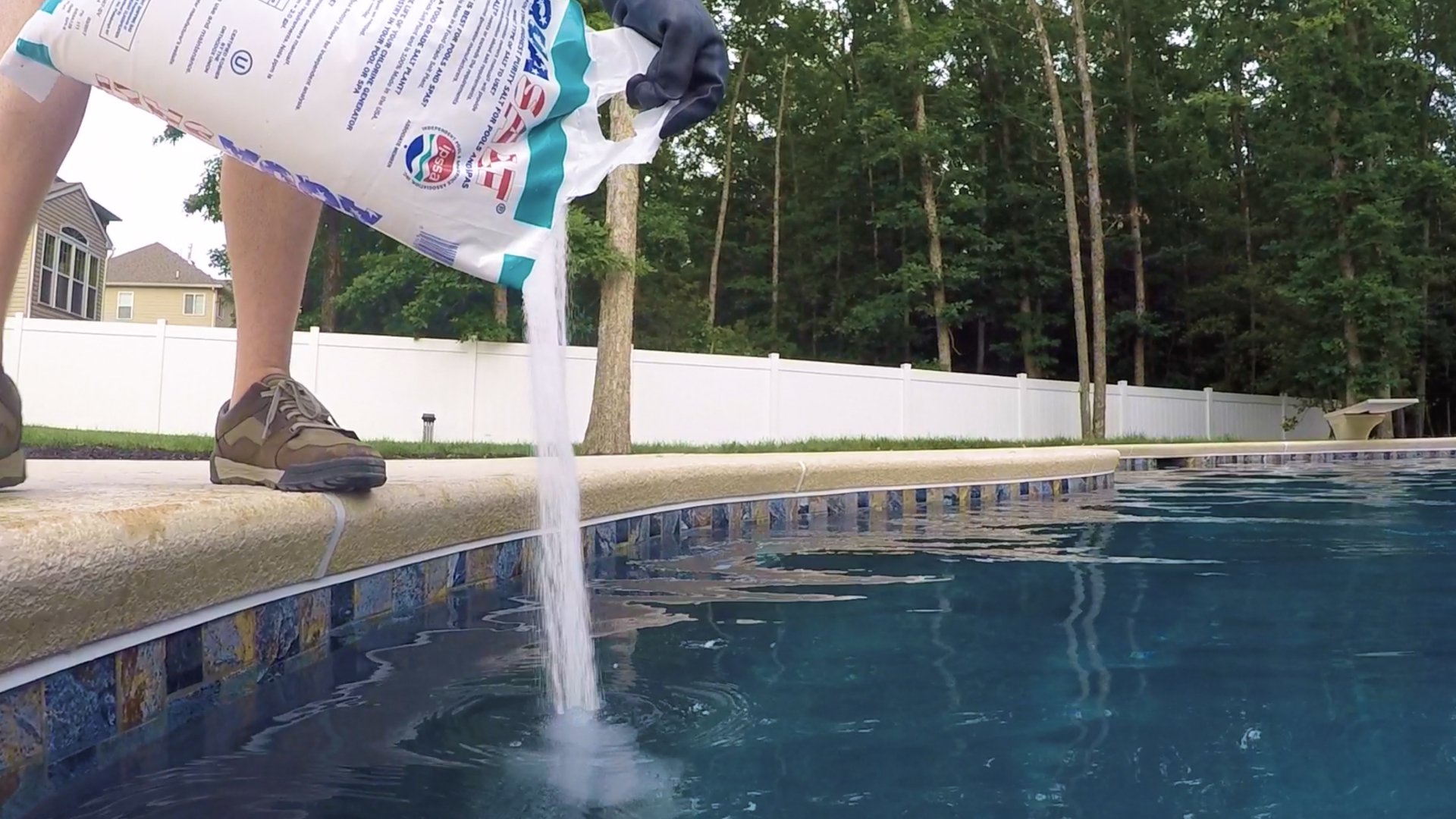
Before you add anything to the pool, adjust and add the right chemicals in the right order. Here’s a quick guide on starting up a salt water pool.
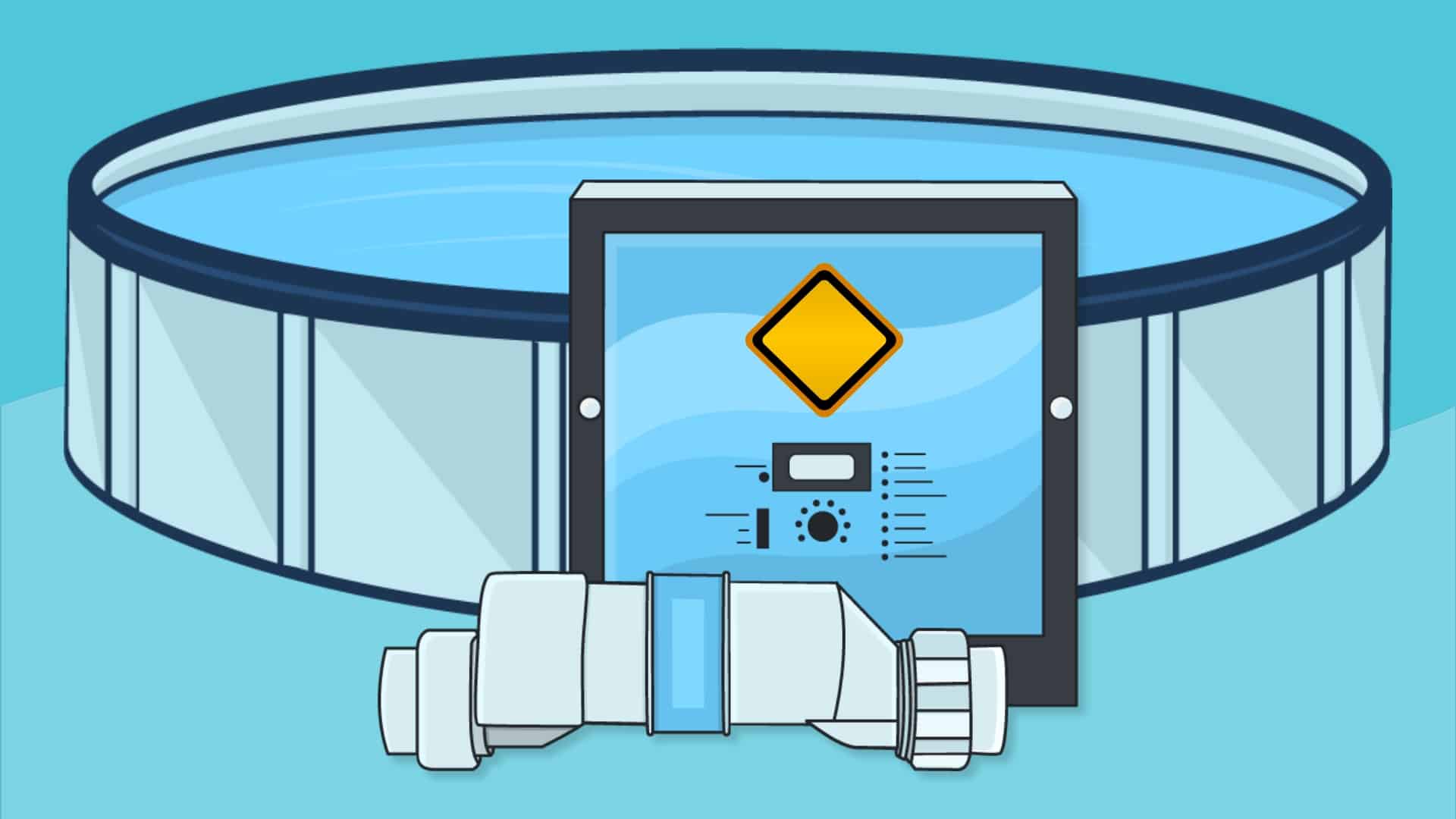
Looking for the best salt water system for your above ground pool? Here's what to consider before you buy and our recommendations.
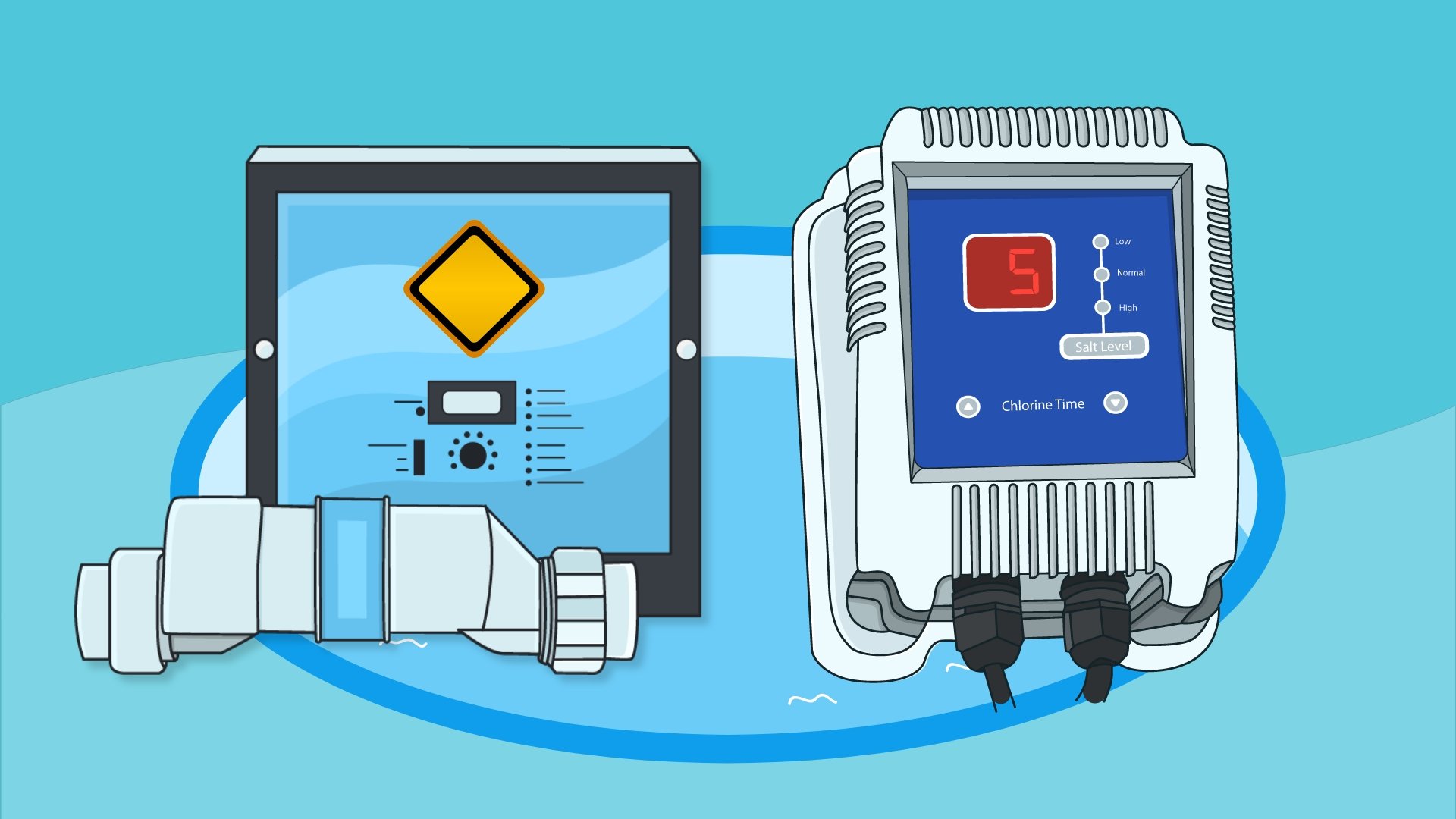
Wondering if a salt water pool system is right for you? Here's a quick guide on how salt water generators work and how to choose the best one.
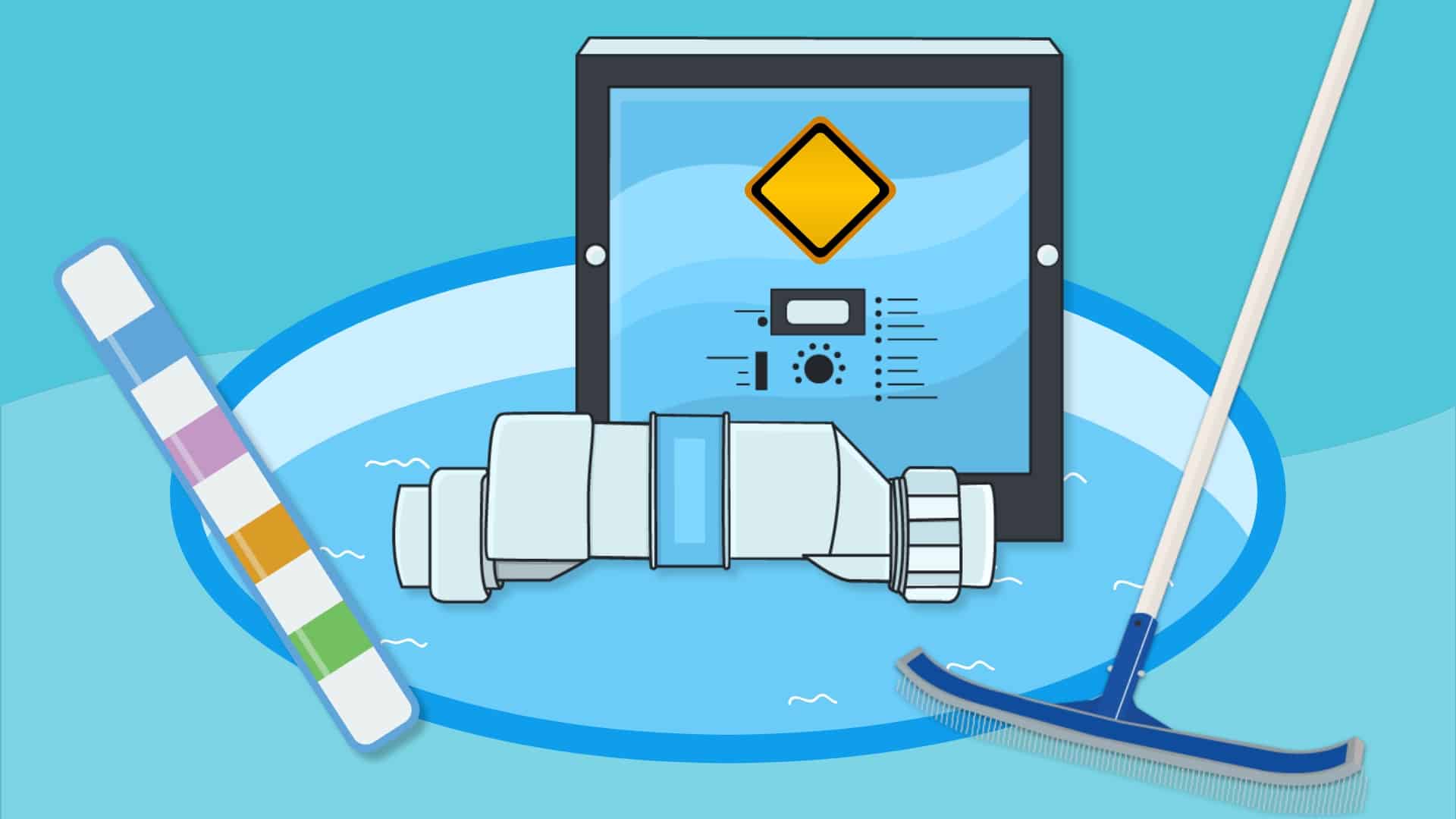
A salt water pool needs everything a normal pool needs, but with a few major differences. Here's an easy guide to salt water pool maintenance.
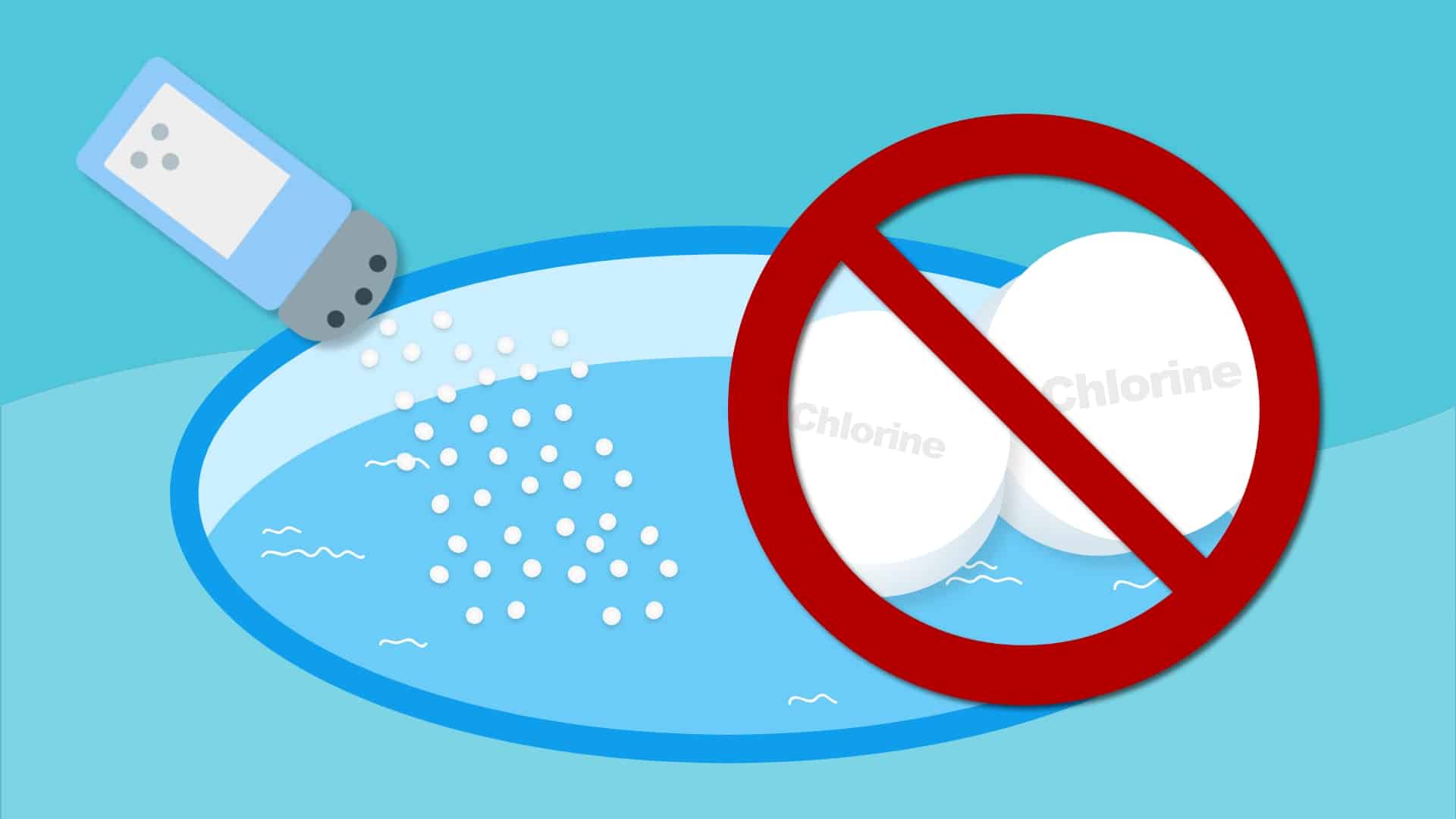
Should you convert your chlorine pool to a salt water pool? Before you buy a salt water system, here are the must-know pros and cons.
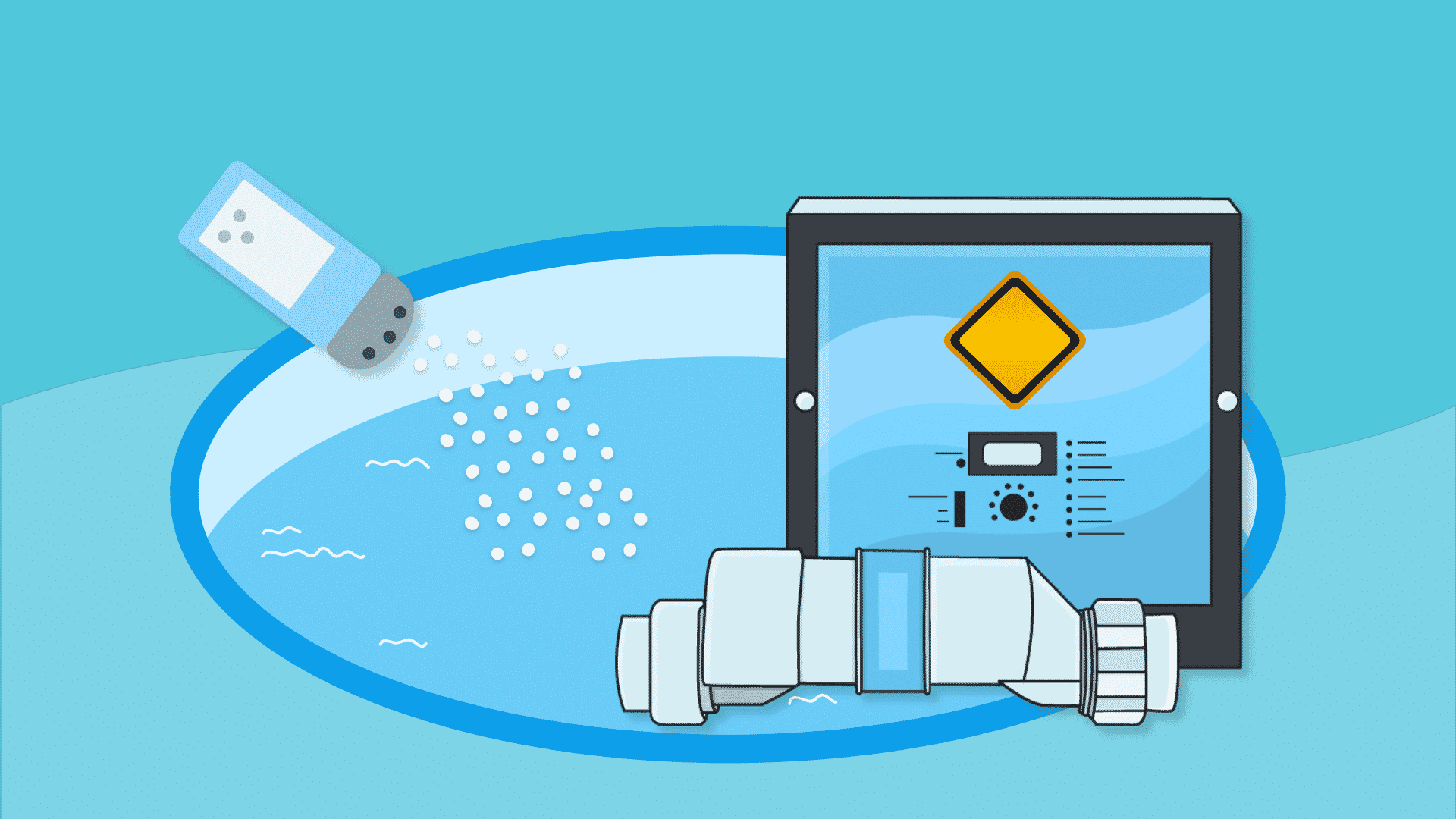
Salt water pools are different than traditional pools. So here are the common salt water pool maintenance mistakes and how to avoid them.
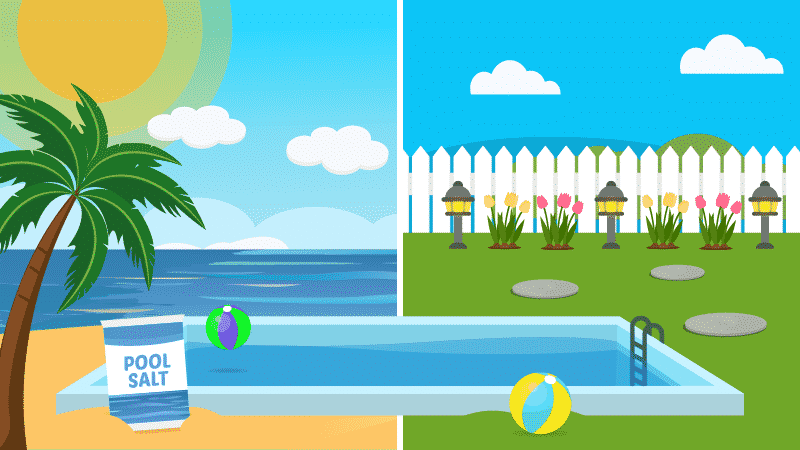
Considering salt water pool conversion? Learn why it’s a good idea, and how a salt chlorinator makes it easier than you might imagine.
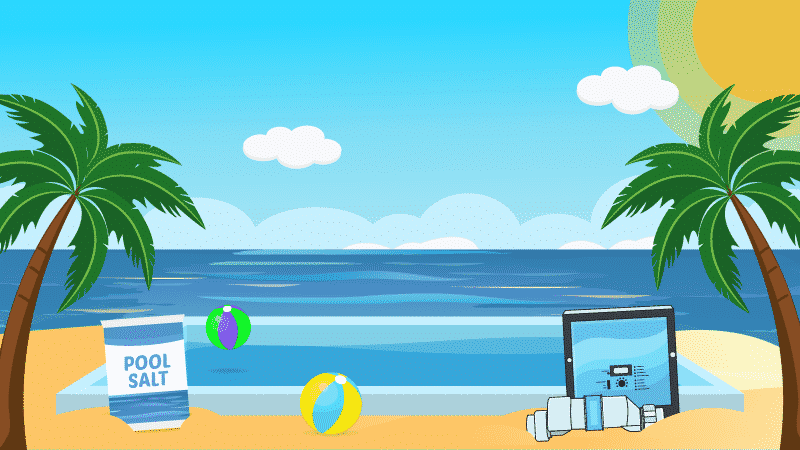
Been dreaming about a salt water pool? Dream no more! You can get softer water and less maintenance with a salt chlorine generator.
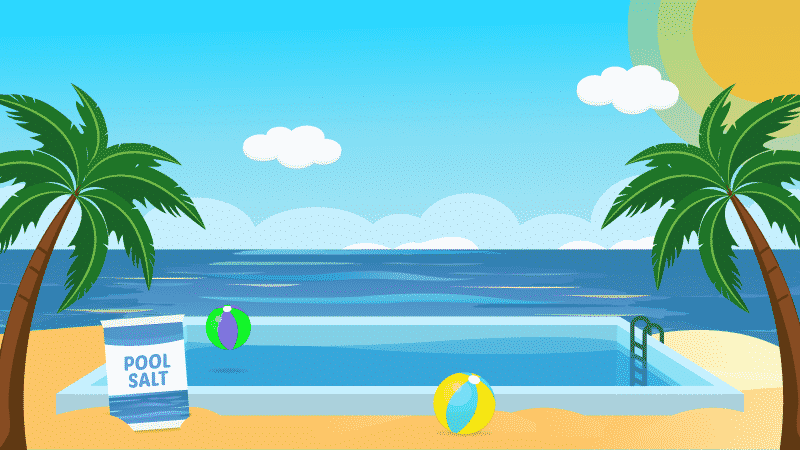
You could pour kitchen salt into your pool. Or you can make it easier on yourself. The right kind of pool salt will work better and save you money.